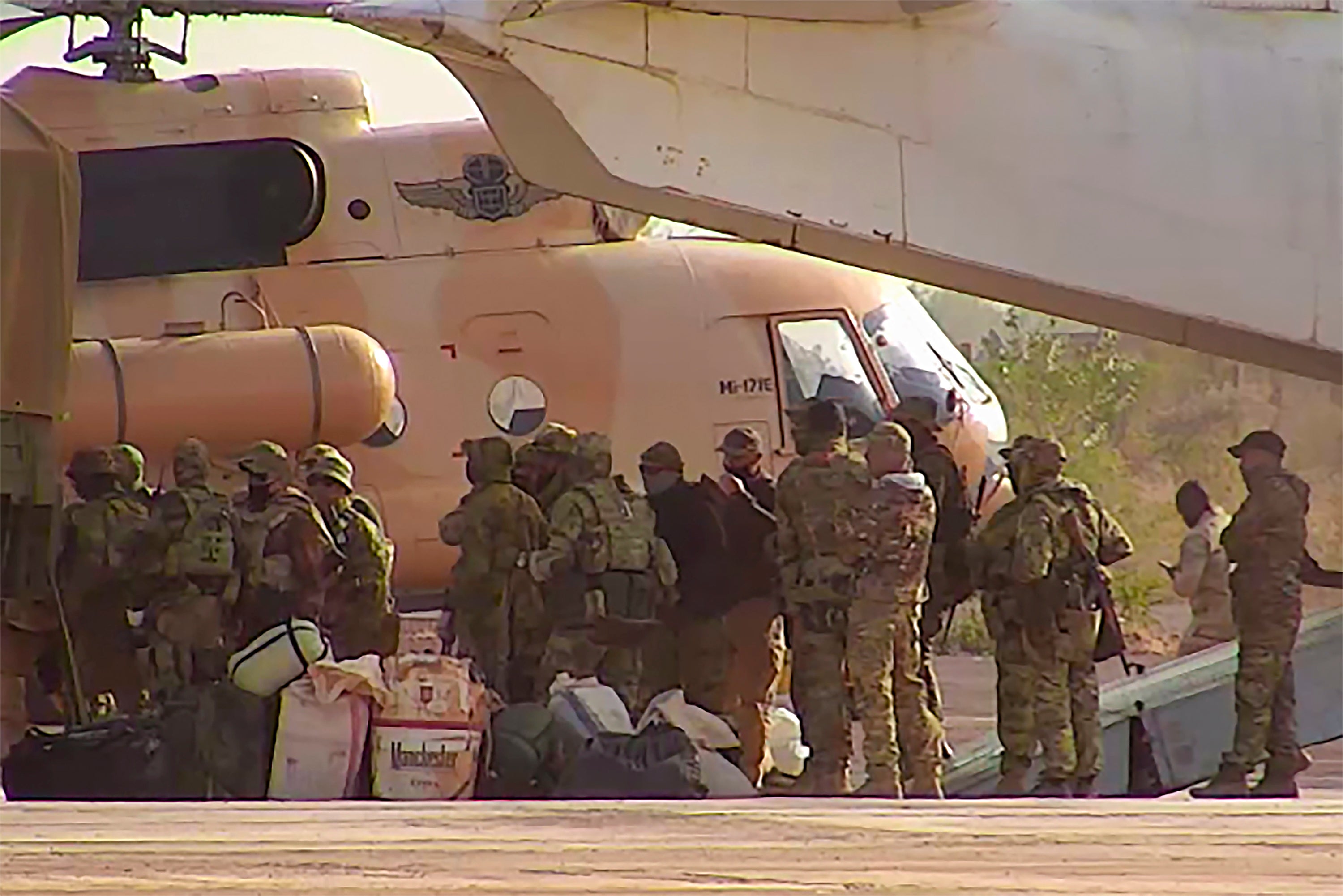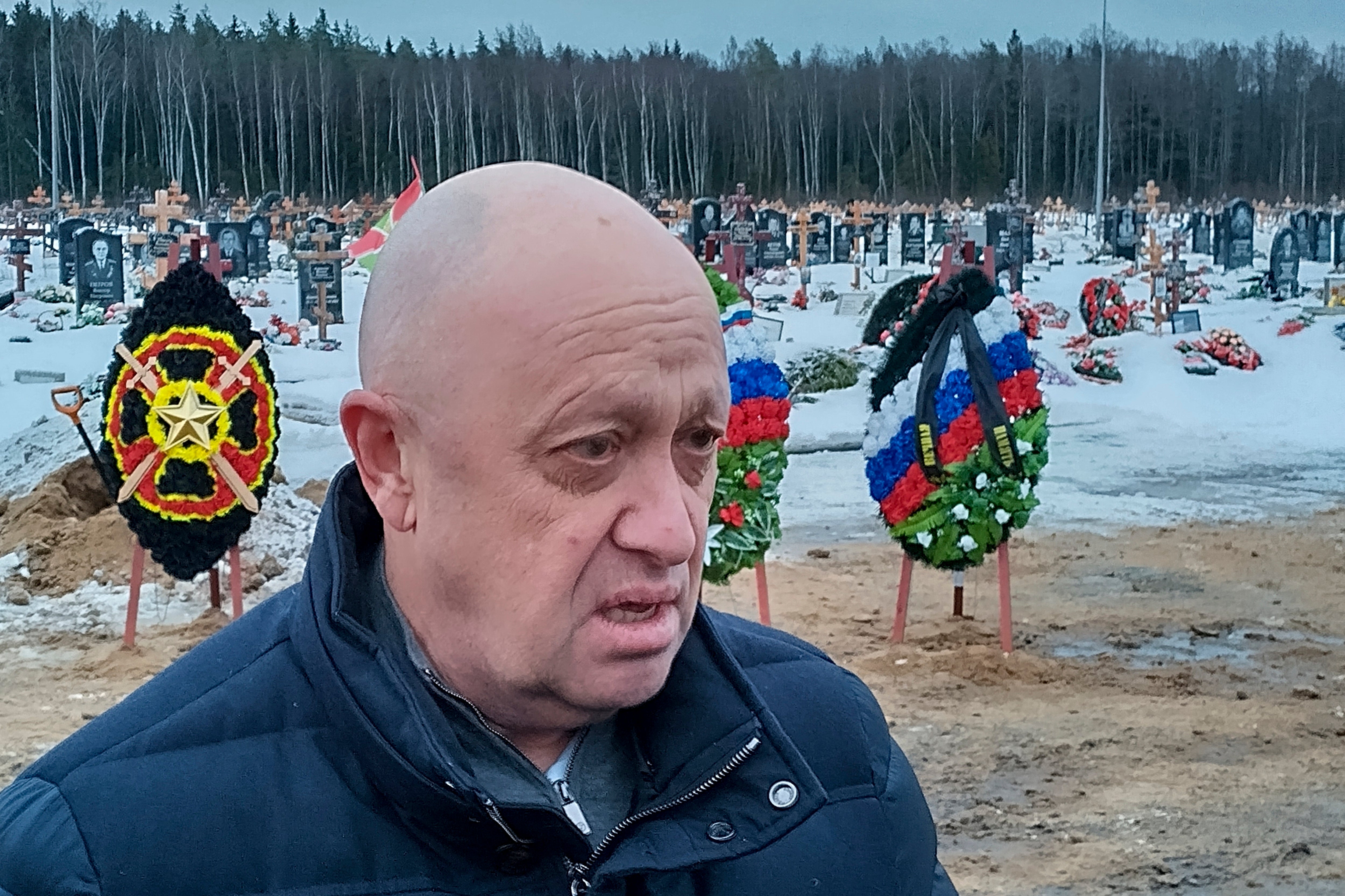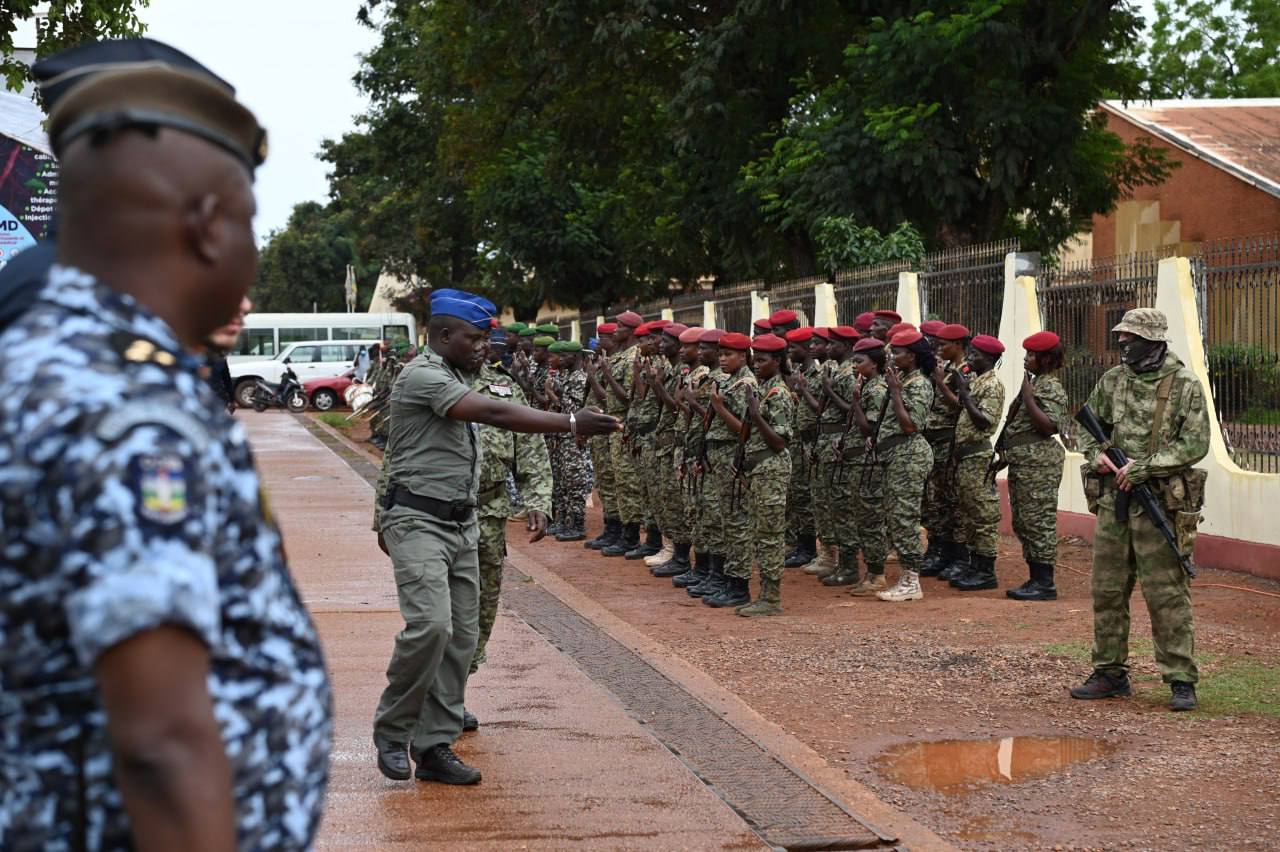Russian forces launch recruitment drive in Africa to fight war in Ukraine
Moscow is turning to a new mercenary group, Africa Corps, to train paid fighters from across the continent to fight its war in Ukraine

Russia is conducting a new recruitment drive for fighters in Africa for its war in Ukraine after suffering heavy casualties on the ground in lethal combat, according to Western intelligence officials.
The enrolment campaign has intensified following the rapid spread of Moscow’s influence on the continent, boosted by the overthrow of pro-Western governments in several countries by military regimes and the subsequent withdrawal of US and European forces.
Mercenaries formerly with the Wagner Group – which was disbanded after the failed coup attempt by its Russian leader Yevgeny Prigozhin, who was subsequently killed along with his senior hierarchy in an air crash – are training young men, some from tribal militias, for battle in Europe.

Those who join are usually being offered a $2,000 (£1,580) signing-on fee, a monthly salary of $2,200, medical insurance, Russian passports for themselves and their immediate family members, and compensation payments for their family if they are killed or injured.
The recruitment programme is partly due to the unwillingness of Vladimir Putin’s government to carry out another round of unpopular mobilisation in Russia. A partial mobilisation in September 2022 led to an exodus of skilled young workers.
There has also been a drastic fall in the number of convicts being sent to the front line in return for their crimes being pardoned. The justice ministry in Moscow reported that the country’s prison population has fallen from 420,000 before the war to 266,000.
The Ministry of Defence in the UK says more fighters are needed “to replace Russian battlefield losses, which are significant, and to sustain offensive activity in multiple axes across the front”.
It added: “Russia’s finite pool of convict recruitment likely culminated. Russia is likely expanding its recruitment across the global South, to avoid additional mobilisations within Russia itself.”
The true number of Russian troops killed in the country’s war in Ukraine remains unclear. Independent Russian research groups put the figure at between 71,000 and 83,000

Earlier this month, Moscow-based outlet Mediazone and BBC Russian-language service confirmed the names of at least 64,000 Russian soldiers who have died.
Nato officials estimate that up to 120,000 Russian troops have been killed, along with 70,000 Ukrainians. Volodymyr Zelensky maintains that Ukrainian losses total 31,000 dead, a figure disputed by troops on the front line as too low.
Many former Wagner personnel in Africa are now in a new mercenary group, the Africa Corps – a name that echoes the German Afrika Korps which fought in north Africa under Field Marshal Erwin Rommel in the Second World War.
Two senior Russian security officials, deputy defence minister Yunus-bek Yevkurov and Major General Andrei Averyanov, from GRU, the Russian military intelligence agency, are said to be playing key roles in the Kremlin’s new Africa push.
They have visited the Central African Republic (CAR), Burkina Faso, Mali and Niger – all countries into which Wagner’s successors have moved, or are seeking to move, after their military regimes forced the withdrawal of French-led international forces.
“There has been low-level recruitment in Africa and Asia for a while, but quite a noticeable uptake as Russia has begun to expand its presence in the Sahel and bits of central Africa”, said a senior European official who had been based in Mali and Niger.
“It has become more difficult to track Russian activity as our presence has faded. Now we hear of local officials helping in the [recruitment] process. The money being offered is very good by local standards and tempting for young men from areas which are very poor.
“Some of those who have joined have some experience with various armed groups, but that is very different, of course, from the war in Ukraine with the use of modern weapons. Lots of these men who actually get deployed will probably end up dead.”
A small number of African students studying in Russia have been enrolled into the country’s armed forces. There are between 35,000 and 37,000 young men and women from the continent studying in Russia under various scholarship schemes. The figures are due to expand with the Kremlin embarked on a diplomatic offensive in parts of Africa.
There are also reports that African workers living in Russia have been coerced into the armed forces with threats of deportation, with corrupt officials demanding bribes in return for not forcing conscription.
Ukraine has sought to address heavy battlefield losses by enlarging its conscription base to include prisoners, including those convicted of serious crimes. The aim is to mobilise several thousand from a prison population of 20,000. This, however, is a fraction of the numbers needed, the government acknowledges, for the coming fighting season.






Join our commenting forum
Join thought-provoking conversations, follow other Independent readers and see their replies
Comments